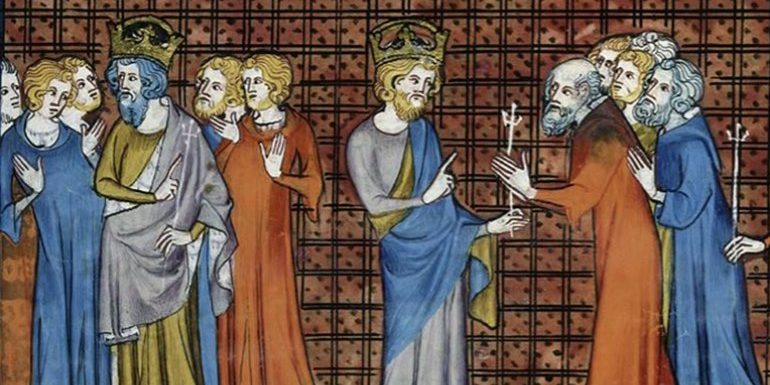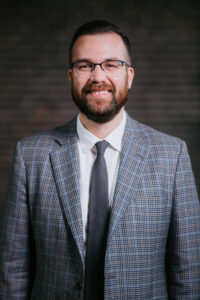
Should we retain the phrase “Classical Theism”?
There has been some discussion over whether we should we retain the phrase Classical Theism? I too am primarily concerned with what pre-modern theologians stood for. Amen. But prudence should caution us against abandoning the phrase classical theism.
In an amicable spirit, here are 12 reasons why:
- I’m not sold on rejecting a word simply because it was invented by opponents (eg, process theology). If we start down that road, then many other essential and cherished terms will have to be discarded as well. A better option is to redeem and refine the vocabulary we’ve inherited.
- If we reject “classical” it behooves us to offer a superior substitute. I don’t know of one. All terms have baggage. Many terms are either too narrow or broad, too academic or colloquial, or prone to misunderstanding. It may not matter in the end since classical is so embedded it’s inevitable.
- Discarding classical without offering an alternative is not wise. It’s hard enough persuading evangelicals to commit. There’s also no shortage of revisionists disguising themselves as classical. Classical keeps the past from being hijacked so that not just anyone can claim to be classical simply because they identify with the past.
- Yes, there’s diversity in the Great Tradition, but gathering around words like classical gives us the shorthand ability to draw a boundary that emphasizes our unity around orthodoxy. And unity is what revisionists buck against. However flawed, Classical gives us a grammar to unite around without ambiguity.
- It may be strategic to broaden classical theism to classical theology so that we don’t give the impression that we’re only after a right doctrine of God. Classical theology is far more encompassing, detailing implications from our doctrine of God for Christology, soteriology, anthropology, and ethics.
- For all its shortcomings, classical is a natural contrast to modern. I wish we could merely articulate what we’re for, but like it or not we live post-modernity. It’s necessary to explain what we’re against, otherwise moderns will project their beliefs back into classical categories. Recent controversy over the trinity is an obvious example.
- Classical also has the lexical flexibility to incorporate not only theology but philosophy. For pre-moderns, classical theology was inseparable from classical philosophy (i.e., realism). So, the two work in harmony (another contrast with modernity).
- In the end, I’m all ears if better vocabulary is invented. But saying we can just focus on an Augustine or a Calvin or whoever is a bit like saying we can just quote the words of the Bible. A *grammar* may be unfortunate but necessary, even helpful to speak about our system far more dogmatically. Evangelicals won’t like this due to their allergy to confessional boundaries.
- I don’t know anyone claiming classical theism is the only term to use. Now that we have people’s attention, we have to sum up pre-modern thought. A collective vocabulary does more good than harm. In light of that challenge, we don’t need to limit ourselves so severely to eliminate words like classical.
- Furthermore, classical theism may be a 20th century phrase, but the word *classical* goes back at least to the 1700s. It’s ironic to point this out, but our adaption and redemption of the word is a type of retrieval itself.
- Classical theology pushes against modern theology because the latter creates a dichotomy between ideas in the academy and the life of the church. If classical theology is truly catholic, then it must be able to communicate theology for the church. Classical is not perfect, but it does just that for the average pastor and Christian.
- I too wish I didn’t have to use a word like classical. But it’s become necessary because of unorthodox theology. So, my pedagogy is to tell newcomers that classical will help them decipher what is true theism from false theism. In short, classical just is Christianity. Period.
Evangelicals have been flirting with the ideas of classical theism with interest but suspicion. As the college students say, it’s time for a DTR anyway.

